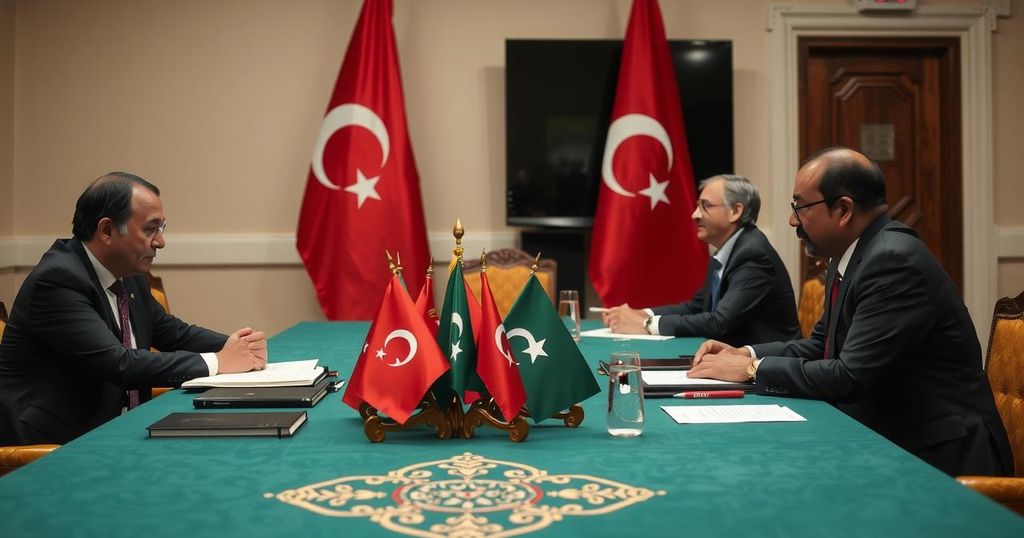World news
AFRICA, ARAB, BENGHAZI, BO, BOUZNIKA, DEMOCRACY, GOVERNANCE, GOVERNMENT, HIGH COUNCIL OF STATE, HIGH STATE COUNCIL, HOUSE OF REPRESENTATIVES, LIBYA, MOROCCO, MU, MUAMMA, MUAMMAR QADDAFI, NASSER BOURITA, NATIONAL UNITY, OPPOSITION, POLITICS, RABAT, SIERRA LEONE, SK, SKHIRATE, TRIPOLI
Daniel O'Connor
0 Comments
Libyan Rival Institutions Renew Talks in Morocco to Resolve Political Deadlock
Libyan rival delegations have renewed talks in Morocco to address a political deadlock and avoid destabilization, following a decade of turmoil and administrative division since Qaddafi’s ousting. Moroccan Foreign Minister Nasser Bourita emphasized preserving Libya’s unity and preparing for credible elections as essential outcomes of these discussions, particularly after elections planned for December 2021 were disrupted by candidate eligibility disputes.
Delegations from opposing Libyan institutions have convened in Morocco to seek resolutions to an ongoing political impasse. This meeting, held in Bouznika near Rabat, involves the High Council of State, based in Tripoli, and the House of Representatives, situated in Benghazi. The discussions aim to unify the divided nation and lay the groundwork for credible elections, which have been hindered since the postponed elections planned for December 2021, a result of controversies surrounding candidate eligibility.
Moroccan Foreign Minister Nasser Bourita emphasized the importance of these negotiations, stating, “The numerous international and regional conferences on Libya will not replace the inter-Libyan dialogue which has credibility and ownership.” Libya’s ten-year struggle following the 2011 ousting of dictator Muammar Qaddafi, which resulted in a division between eastern and western administrations since 2014, has prompted these critical discussions.
In light of the ongoing challenges, these deliberations are essential to address the fragmented political landscape. Notably, in 2015, the Libyan Political Agreement initiated the formation of the High State Council as a consultative assembly, yet subsequent actions by the House of Representatives intensified the division. Currently, the two groups seek to mitigate the deadlock that has paralyzed progress in the country.
The current political scenario in Libya is marked by a division that emerged following the NATO-backed revolution that led to Muammar Qaddafi’s downfall in 2011. Since 2014, Libya has been split between two rival administrations: one located in the east, governed by the House of Representatives, and the other in the west, represented by the High Council of State. Attempts at political unification have been obstructed by failed elections and disputes regarding leadership eligibility, necessitating ongoing negotiations to foster stability.
The resumption of talks between rival Libyan factions in Morocco represents a pivotal effort to resolve the political deadlock that has persisted since the failed elections in December 2021. The commitment to inter-Libyan dialogue, as endorsed by Moroccan authorities, highlights the necessity of fostering unity and governance in Libya. Without concerted negotiation and collaboration, the risk of reverting to chaos remains significant. Thus, these discussions are crucial for laying the foundations for credible elections and stable governance in Libya.
Original Source: www.arabnews.com




Post Comment